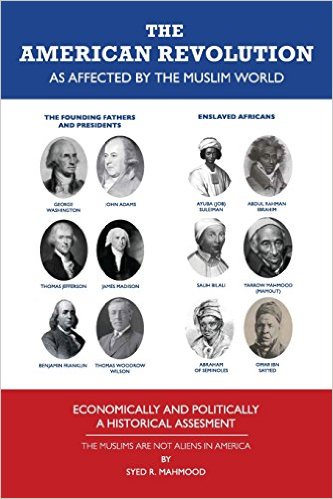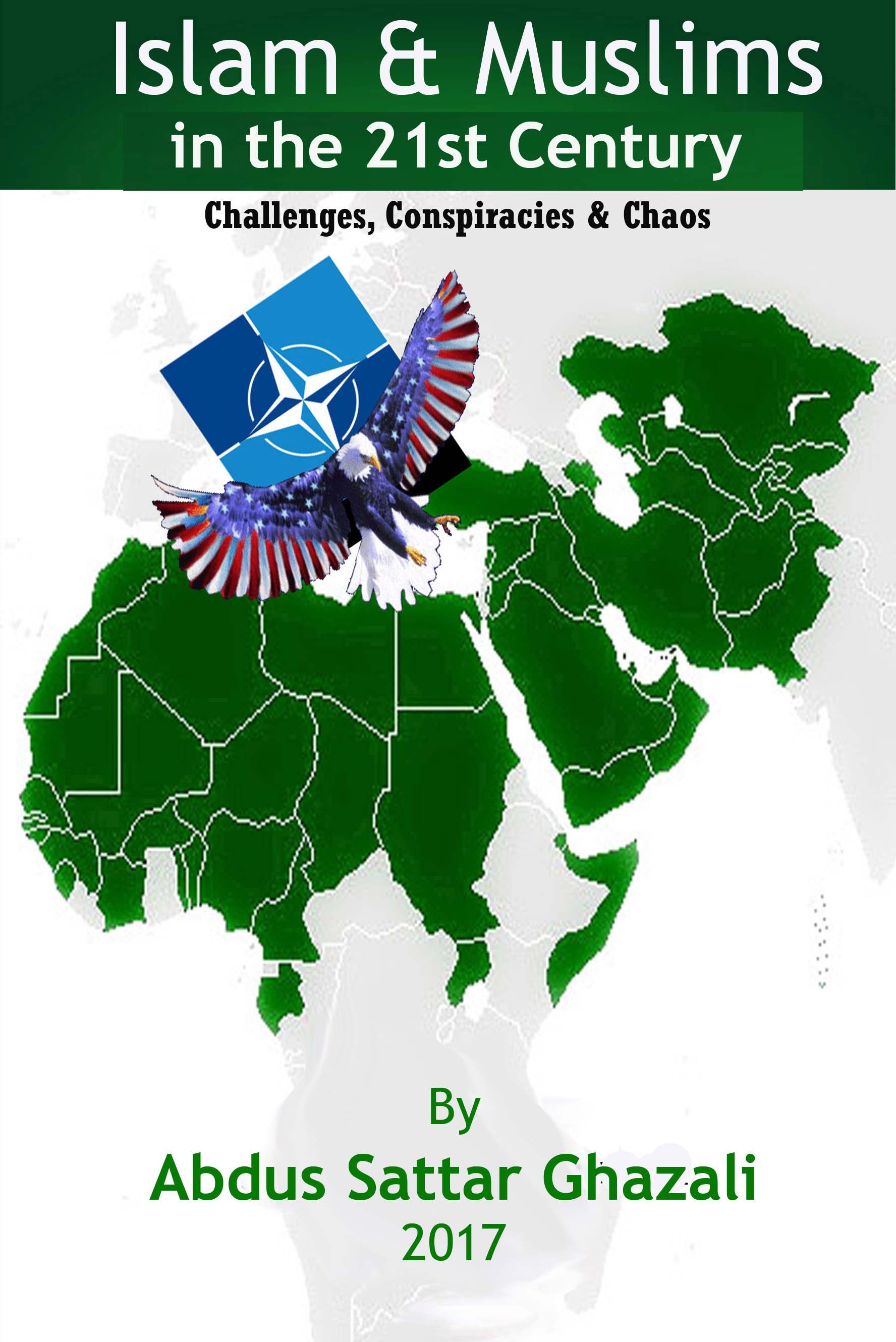August 21, 2020
Why Saudi Arabia declines relations with Israel?
By Abdus Sattar Ghazali
To stem growing perception in the Arab and Muslim Worlds, after UAE recognized Israel, that the Arab states are abandoning the Palestine cause, Saudi Arabia announced Wednesday that the kingdom would not establish diplomatic ties with Israel until internationally recognized peace was achieved with the Palestinians.
Saudi Foreign Minister Prince Faisal bin Farhan told reporters on a visit to Berlin that "peace must be achieved with the Palestinians" on the basis of international agreements as a condition for any normalization of relations with Israel. "Once that is achieved all things are possible," he said.
As the kingdom’s monarch assumes the title of “Guardian of the Two Holy Mosques” in Mecca and Medina, Saudi Arabia cannot afford to undermine the authority of this role by angering and alienating the millions of Arabs and Muslims who demand justice for the Palestinians.
Saudi Arabia is also the current chairman of the 57-member Organization of Islamic Cooperation (OIC) a pan-Islamic grouping. However, major Muslim countries, such as Turkey, Pakistan and Malaysia have condemned the UAE-Israel deal. Indonesia, the largest Muslim country expressed its displeasure by not commenting.
However, stir created by the UAE-Israel deal subsided Tuesday when the Sultanate of Oman replaced its Minister of State for Foreign Affairs, Yusuf bin Alawi, who Monday spoke to Israeli Foreign Minister Gabi Ashkenazi in the wake of UAE-Israel relations.
According to a statement about the call sent to Middle East Eye, the two spoke about the "need to strengthen relations.” The ministers "agreed to maintain direct and continual contact" and "continue the important dialogue between the two countries to advance the process of normalization" in the region, the statement said.
Israel's intelligence minister said on Sunday that Bahrain and Oman could be the next Gulf countries to follow the UAE in formalizing ties with Israel.
Meanwhile, on Tuesday Sudan fired the country’s foreign ministry spokesman over his remarks about normalizing relations with Israel. "I received a notice about dismissing me from my position,” Haidar Badawi told Anadolu Agency. On Tuesday, Badawi said Khartoum was looking forward to concluding a peace agreement with Israel. "There is no reason to continue hostility between Sudan and Israel,” he said.
UAE-Israel accord is a virtual reality
David Hearst, the editor in chief of Middle East Eye, says the UAE-Israel accord is virtual reality. It will be blown away by a new popular revolt not just in Palestine but across the Arab world.
He pointed out that the percentage of Arabs opposing diplomatic recognition of Israel has gone up, not down, in the last decade. The Arab Opinion Index quantified this trend. In 2011, 84 per cent opposed diplomatic recognition. By 2018, the figure was 87 per cent.
Hearst believes that the UAE-Israel deal will bring Palestinian factions closer. He went on to say:
“If Netanyahu and bin Zayed are on the phone to each other, so too now are Mahmoud Abbas, the Palestinian President, and Ismail Haniyeh, the political leader of Hamas. The PA’s strong reaction to the Emirati accord was welcomed by Hamas. A Hamas source told Arabi21 that he saw the PA’s position as an “opportunity for joint political and field action in the West Bank and Gaza Strip”.
“If this new sense of common purpose between the two main rival Palestinian factions is sustainable - and Abbas in the past has been unwilling to accept any partners in the governance of Palestine - this is the beginning of the end of arrests of Hamas activists in the West Bank by the Palestinian Preventive Security.
“This was once headed by Jibril Rajoub, who is now general secretary of Fatah. But today Rajoub holds press conferences with Hamas’s second in command, Saleh Arouri - a further sign that the rapprochement between the two parties is gathering momentum.
“Rajoub, who was speaking during a joint teleconference press interview with Arouri, said: “We will lead our battle together under the flag of Palestine to achieve an independent and sovereign Palestinian state on the 1967 borders and solving the issue of the refugees on the basis of international resolutions.”
The new hegemons of the Middle East
“The UAE’s recognition of Israel has nothing to do with the search for an end to conflict. Its about establishing a new regional order between dictators and occupiers - Arab dictators and Israeli occupiers. As America withdraws as the regional hegemon, new ones are needed. Step forward Israel and the UAE, Hearst said adding:
“Trade, unimpeded telecoms, travel and recognition between Israel and its richest Gulf neighbours will become new “facts on the ground”, its architects imagine, as immutable as the roads that bypass Palestinian villages and the settlements themselves. No negotiation is required. Just the white flag of defeat.
“I am fairly confident that Palestinians won’t wave the white flag of surrender today, any more than they would have done in the past seven decades. They will not abandon their political rights, and take the money.”
Abdus Sattar Ghazali is the Chief Editor of the Journal of America (www.journalofamerica.net) email: asghazali2011 (@) gmail.com

The Journal of America Team:
Editor in chief:
Abdus Sattar Ghazali
Senior Editor:
Prof. Arthur Scott
Special Correspondent
Maryam Turab
Your donation
is tax deductable.



